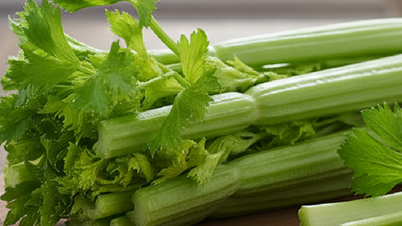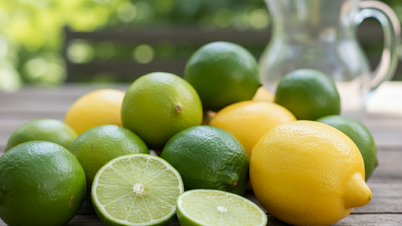There is no cure for a cold. But there are many home remedies that can help reduce the symptoms and discomfort, according to the American health information site Everyday Health .

When having a cold, the patient needs to rest more and limit going to crowded places to reduce the risk of infecting others.
When caring for themselves at home, people with colds should avoid the following treatments:
Too much vitamin C
Vitamin C is an essential nutrient in the treatment of colds. Thanks to vitamin C, the immune system will be provided with enough of this important nutrient to function optimally.
However, taking too much vitamin C can cause diarrhea. Not only that, people with iron-related health problems, such as iron overload, vitamin C will increase the ability to absorb iron. In rare cases, this can cause iron poisoning. To reduce this risk, people should prioritize taking vitamin C through diet instead of taking supplements.
Too much zinc
Zinc is one of the essential nutrients for the immune system and metabolism of the body. Doctors often advise people with colds to supplement zinc when sick to shorten the recovery time.
However, taking too much zinc, especially when taking supplements, can cause side effects such as headache, nausea, dizziness and vomiting.
Arbitrarily mix many types of drugs

Patients should consult a doctor and should not arbitrarily combine certain medications together.
When you have a cold, if you need to take medicine, you should see a doctor or buy it at a pharmacy. You should consult your doctor, and not combine several types of medicine on your own.
Experts warn that some cold medications have a stimulating effect and increase blood pressure, even causing heart rhythm disturbances if abused or used incorrectly.
To treat a cold at home, patients need to drink plenty of water, gargle with salt water to reduce sore throat, wash their nose with saline and use a humidifier in the house.
If symptoms are bothersome and require medication, over-the-counter pain relievers, such as paracetamol, can be used. Drinking warm water, ginger tea, lemon with honey, and some herbal teas can help relieve nasal congestion, Everyday Health.
Source link







![[Photo] Da Nang: Hundreds of people join hands to clean up a vital tourist route after storm No. 13](https://vphoto.vietnam.vn/thumb/1200x675/vietnam/resource/IMAGE/2025/11/07/1762491638903_image-3-1353-jpg.webp)


































































































Comment (0)